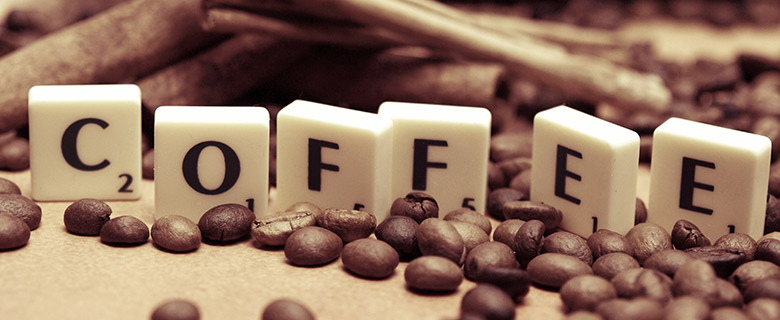Coffee, A Symbol Of Intangible Cultural Heritage

During the most recent UNESCO meeting, the UN’s Cultural Agency has determined that the traditional Arabic practice of preparing and serving coffee is a great symbol of generosity.
As such, the age-old routine has been recognised by UNESCO as something of specific cultural and global interest.
Representatives of 175 countries attend the event, which was hosted in the Namibian capital city of Windhoek.
So what makes this so special?
Well, it’s important to say that the practice has been going on for hundreds of years and it has rarely changed. You’ll find no super-automatic espresso machines or fancy gadgets here: It’s all prepared the old-fashioned (and some might say the proper) way.
Normally, the coffee will be prepared in front of the guests and is seen as an act of companionship and kindness from the host.
The coffee is lightly roasted in a shallow pan over an open fire before being ground with the use of a mortar and pestle.
Then, the grounds are then transferred into a tailor-made coffee pot. Water is added and the pot is placed on the fire. Once brewed, the coffee is then poured into smaller vessels.
The most important, or the oldest attendee, will be served first, and it is common practice to drink at least one cup of coffee.
Refills should be readily available, but it is considered bad manners to have more than three cups in one sitting.
According to The Khaleej Times, the practice is passed down through the generations and many a youngster will accompany their parents and grandparents to market, and learn about how to source the best coffee beans available.
Now if you’ll excuse us, we’ve got some coffee to make!
